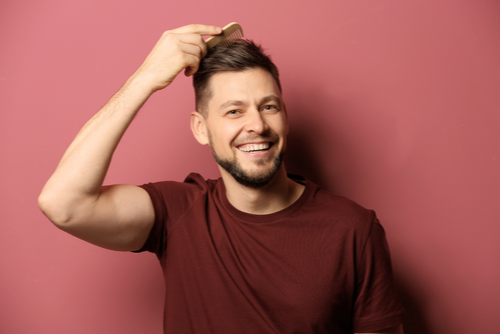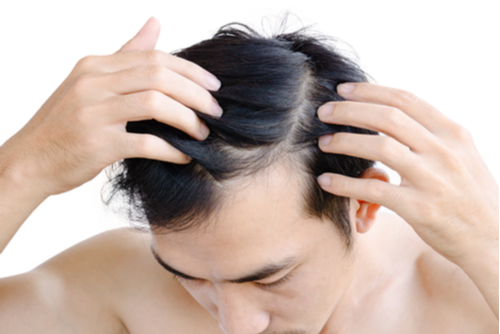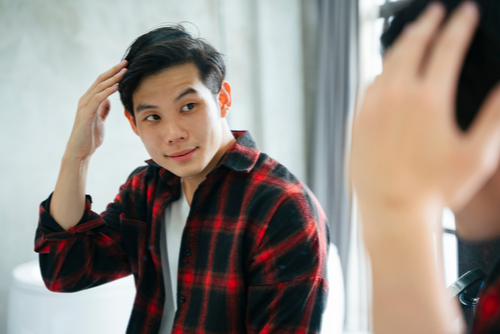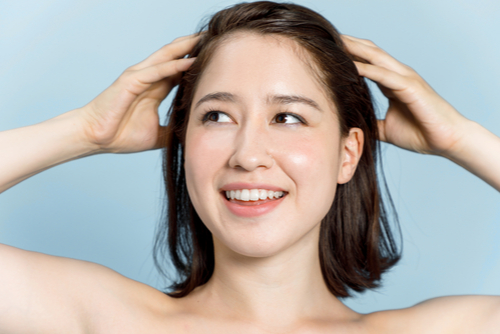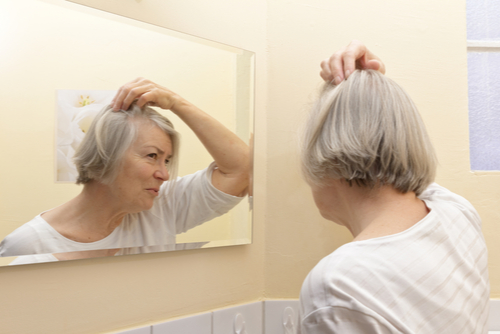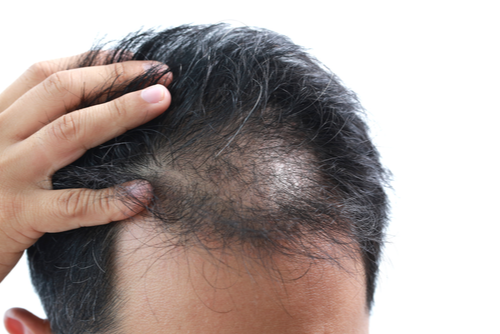
When it comes to non-surgical hair restoration options, one of the most well known is a medication known as minoxidil. Applied topically, it stimulates hair regrowth and can counteract pattern baldness. However, while minoxidil has been around for decades, PRP treatment for hair loss has only been commonly performed for about a decade. Is PRP better than minoxidil?
It depends on the person, extent of hair loss, and various other factors. For many people who have tried minoxidil and not found success, adding PRP injections or using them instead often will yield better results. Ultimately, our hair experts recommend trying multiple options to see what provides the best results.
While many people find great success with one method over the other, it is also possible to combine them. Combining PRP hair restoration and minoxidil treatment will often increase and positively influence the results of the other. It is not always necessary to use them together, however. Discuss what you have tried in the past and anything you currently use for hair restoration during your consultation appointment.
To schedule a consultation, call us at 206-279-2112. You can also reach out online via chat or contact form.

